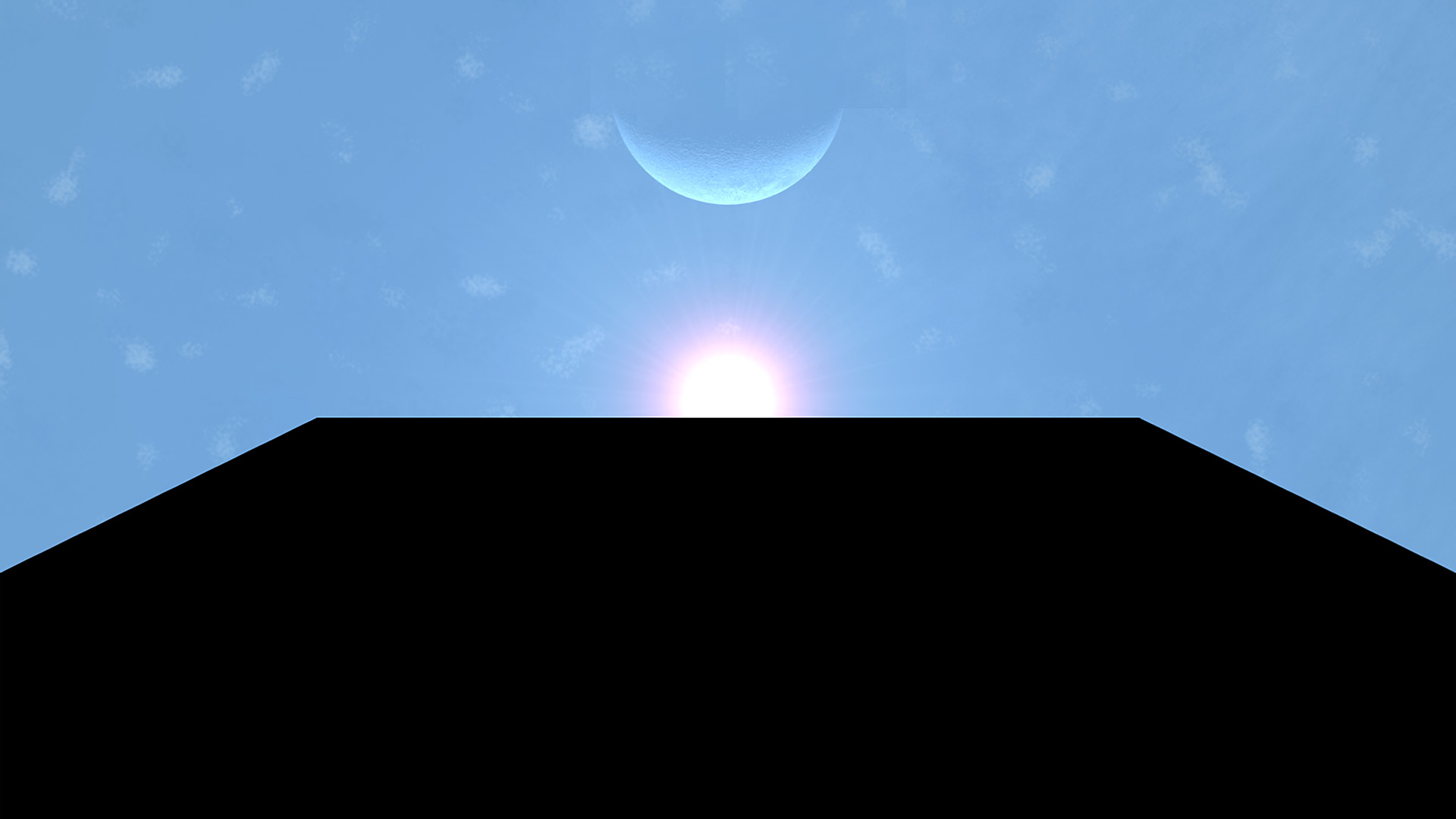

I attended the Los Angeles premiere of the film, in 1968, at the Pantages Theater. Kubrick's film is almost unique in enhancing the music by its association with his images. When classical music is associated with popular entertainment, the result is usually to trivialize it (who can listen to the “William Tell Overture'' without thinking of the Lone Ranger?). The music is associated in the film with the first entry of man's consciousness into the universe -and with the eventual passage of that consciousness onto a new level, symbolized by the Star Child at the end of the film. Now consider Kubrick's famous use of Richard Strauss' “Thus Spake Zarathustra.'' Inspired by the words of Nietzsche, its five bold opening notes embody the ascension of man into spheres reserved for the gods. At the same time, there is an exaltation in the music that helps us feel the majesty of the process.


And so, through a peculiar logic, the space hardware moves slowly because it's keeping the tempo of the waltz. We are asked in the scene to contemplate the process, to stand in space and watch. Obviously such a docking process would have to take place with extreme caution (as we now know from experience), but other directors might have found the space ballet too slow, and punched it up with thrilling music, which would have been wrong. The Johann Strauss waltz “Blue Danube,'' which accompanies the docking of the space shuttle and the space station, is deliberately slow, and so is the action. It wants to be sublime it brings a seriousness and transcendence to the visuals.Ĭonsider two examples. The classical music chosen by Kubrick exists outside the action. North's score, which is available on a recording, is a good job of film composition, but would have been wrong for “2001" because, like all scores, it attempts to underline the action - to give us emotional cues. Although Kubrick originally commissioned an original score from Alex North, he used classical recordings as a temporary track while editing the film, and they worked so well that he kept them. No little part of his effect comes from the music. Alone among science-fiction movies, “2001" is not concerned with thrilling us, but with inspiring our awe. He reduces each scene to its essence, and leaves it on screen long enough for us to contemplate it, to inhabit it in our imaginations. This is the work of an artist so sublimely confident that he doesn't include a single shot simply to keep our attention. The genius is not in how much Stanley Kubrick does in "2001: A Space Odyssey," but in how little.


 0 kommentar(er)
0 kommentar(er)
